The German Election: Voter Turnout, Key Policies, And Predictions
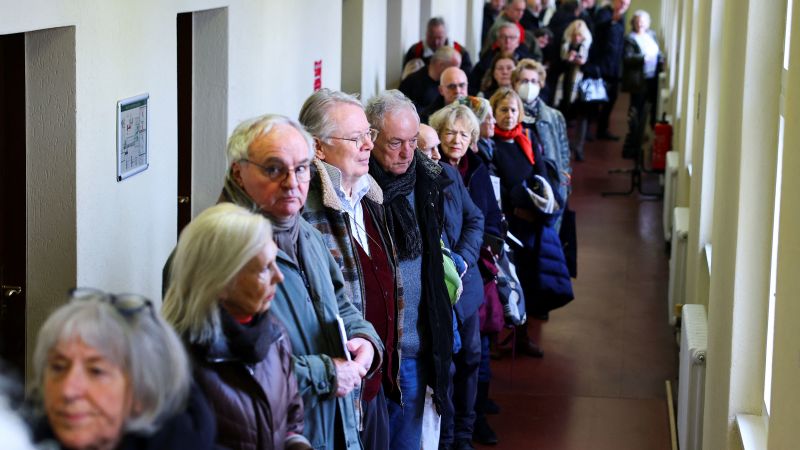
Table of Contents
Germany's 2021 Federal Election: A Nation's Choice Amidst Shifting Sands
BERLIN – Germany's 2021 federal election, held on September 26th, marked a pivotal moment in the nation's political landscape. With a voter turnout of 76.6%, slightly higher than the previous election, the results signaled a shift in the country's political dynamics, ushering in a new era of coalition government. The election saw a tight race between the three major contenders: the Christian Democratic Union (CDU/CSU), the Social Democratic Party (SPD), and the Greens.
While pre-election polls suggested a close contest, the SPD, led by Olaf Scholz, emerged victorious, securing 25.7% of the vote – a significant increase from their previous showing. This win, however, was far from a landslide. The CDU/CSU, under Armin Laschet, achieved 24.1%, a considerable drop from Angela Merkel's previous successes, reflecting a broader shift in the German electorate. The Greens, led by Annalena Baerbock, secured 14.8%, solidifying their position as a major force in German politics. The Free Democratic Party (FDP), crucial in the subsequent coalition negotiations, received 11.5%. The Left Party (Die Linke) obtained 4.9%, while the Alternative for Germany (AfD) garnered 10.3%.
The election was fought on a range of key policy issues that resonated deeply with the German public. Climate change emerged as a central theme, with the Greens advocating for ambitious emission reduction targets and a rapid transition to renewable energy. The SPD and CDU/CSU also acknowledged the urgency of climate action but offered less radical approaches. The FDP, on the other hand, emphasized the importance of economic growth alongside environmental protection.
Economic policy also featured prominently, with debates focused on tax reforms, social welfare programs, and the management of Germany's robust economy. The SPD pledged continued investment in social infrastructure and a fairer distribution of wealth, while the CDU/CSU promoted fiscal responsibility and business-friendly policies. The FDP championed deregulation and lower taxes to stimulate economic growth.
Immigration and integration remained a contentious issue, with the AfD advocating for stricter border controls and a more restrictive immigration policy. The other major parties, while differing on specific approaches, generally supported a more welcoming policy towards refugees and immigrants, emphasizing integration efforts.
Foreign policy was another significant area of discussion, particularly concerning Germany's role in the European Union and its relationship with the United States. The SPD, CDU/CSU, and Greens broadly aligned on the need for a strong European Union and a close transatlantic partnership, but differed on the specific approaches to achieving these objectives.
Pre-election predictions varied considerably, with most polls suggesting a tight race between the CDU/CSU and the SPD. However, the final results surpassed many expectations, particularly the SPD's victory. The close margins underscored the fluidity of the German electorate and the increasingly fragmented nature of the political landscape. The subsequent coalition negotiations were protracted and complex, culminating in a three-party coalition government between the SPD, Greens, and FDP, known as the "traffic light coalition" (SPD-red, Greens-green, FDP-yellow).
The formation of this coalition government signaled a willingness to compromise and find common ground on key policy issues. While significant differences in ideology remain amongst the coalition partners, the resulting government reflected a desire for stability and consensus-building in a time of unprecedented global challenges. This new government faced immediate challenges including navigating the COVID-19 pandemic's lingering effects, addressing economic recovery, and fulfilling ambitious climate goals. The election's outcome underscored the evolving political priorities of the German electorate and set the stage for a new chapter in German politics.

Featured Posts
-
 Breakthrough In Israel Hostages Released But Prisoner Exchange Delayed
Feb 24, 2025
Breakthrough In Israel Hostages Released But Prisoner Exchange Delayed
Feb 24, 2025 -
 Callum Smith Victorious Interim Wbo Light Heavyweight Champion
Feb 24, 2025
Callum Smith Victorious Interim Wbo Light Heavyweight Champion
Feb 24, 2025 -
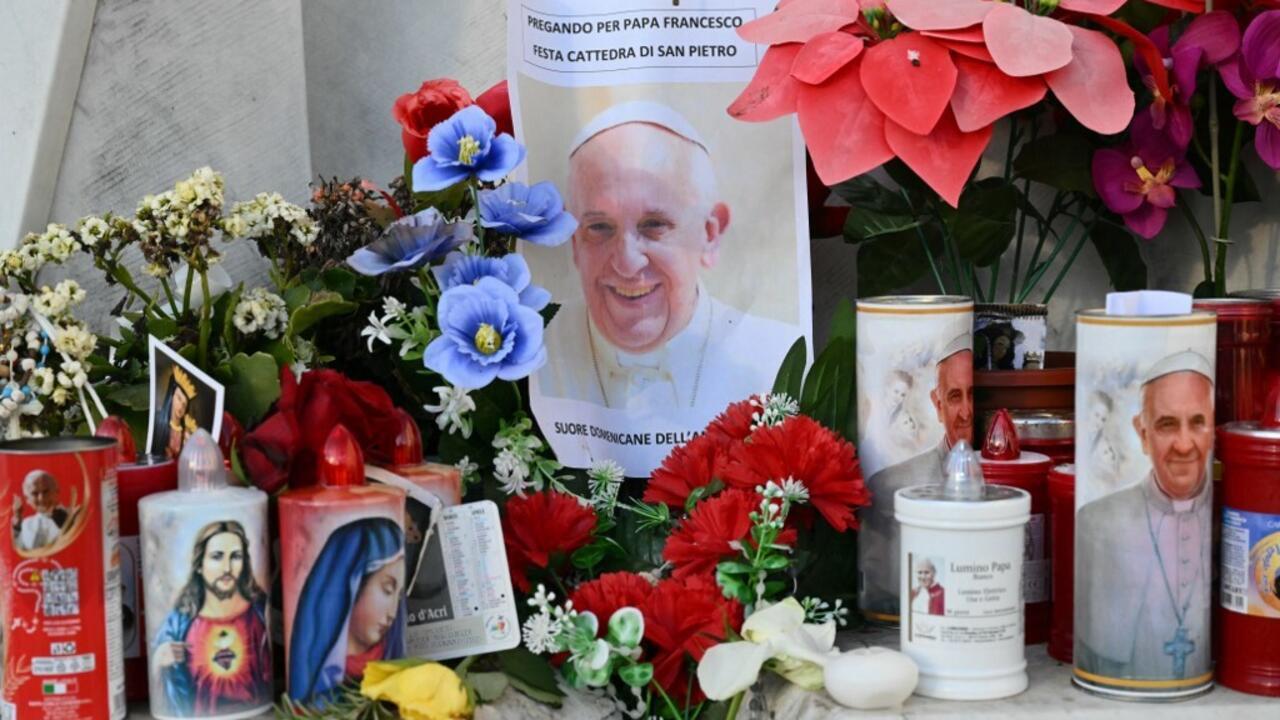 Respiratory Illness Leaves Pope Francis In Critical Condition Vatican
Feb 24, 2025
Respiratory Illness Leaves Pope Francis In Critical Condition Vatican
Feb 24, 2025 -
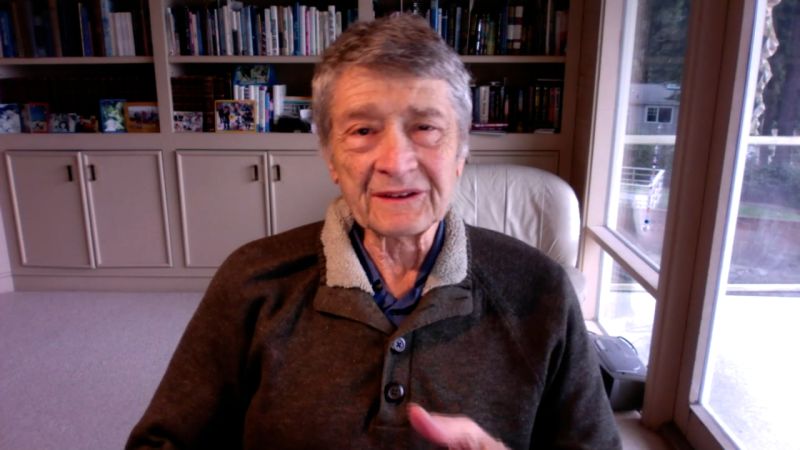 Conservative Radio Host Trumps Criticism Risks Alienating Supporters
Feb 24, 2025
Conservative Radio Host Trumps Criticism Risks Alienating Supporters
Feb 24, 2025 -
 Grimes Reveals Elon Musks Response To Childs Serious Illness
Feb 24, 2025
Grimes Reveals Elon Musks Response To Childs Serious Illness
Feb 24, 2025
Latest Posts
-
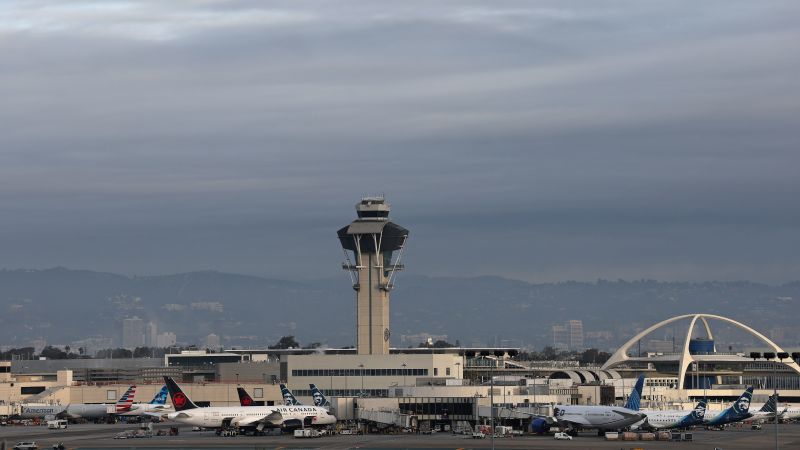 Emergency Landing Delta Flight From Los Angeles Experiences Smoke Issue
Feb 24, 2025
Emergency Landing Delta Flight From Los Angeles Experiences Smoke Issue
Feb 24, 2025 -
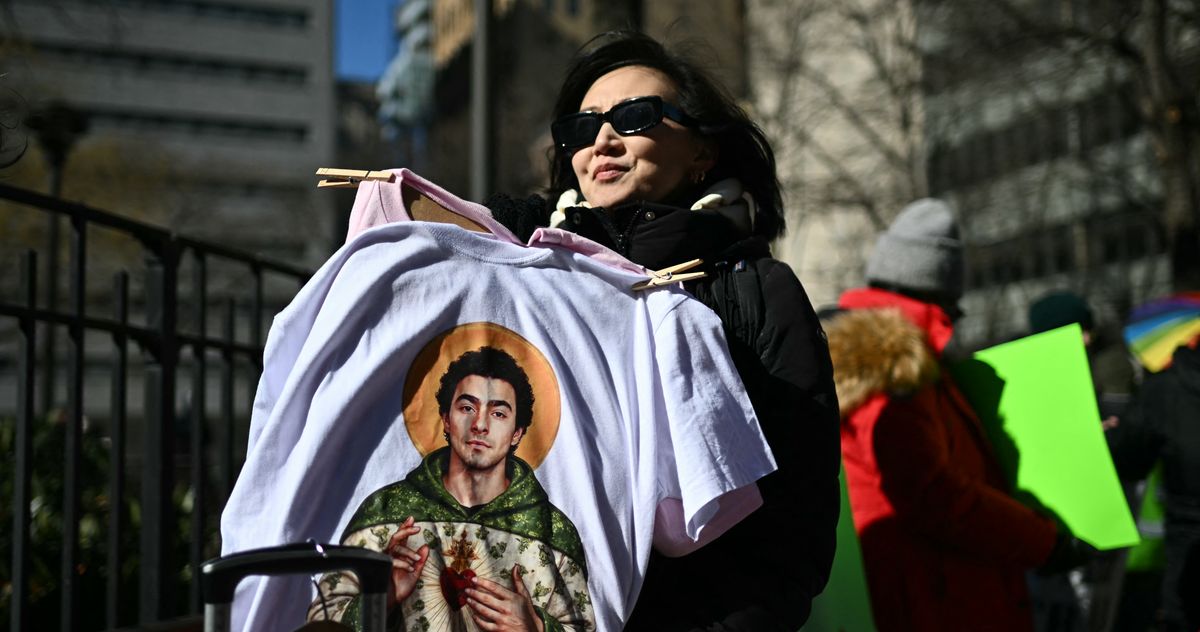 Female Allies Stand By Luigi Mangione In Court Proceedings
Feb 24, 2025
Female Allies Stand By Luigi Mangione In Court Proceedings
Feb 24, 2025 -
 Paris Cycling Advocate Killed Paul Varrys Dream Cut Short
Feb 24, 2025
Paris Cycling Advocate Killed Paul Varrys Dream Cut Short
Feb 24, 2025 -
 Lawyer Requests Dismissal From Sean Combs Legal Proceedings
Feb 24, 2025
Lawyer Requests Dismissal From Sean Combs Legal Proceedings
Feb 24, 2025 -
 Is A Dogecoin Dividend A Viable Policy Examining Trumps Proposal
Feb 24, 2025
Is A Dogecoin Dividend A Viable Policy Examining Trumps Proposal
Feb 24, 2025
